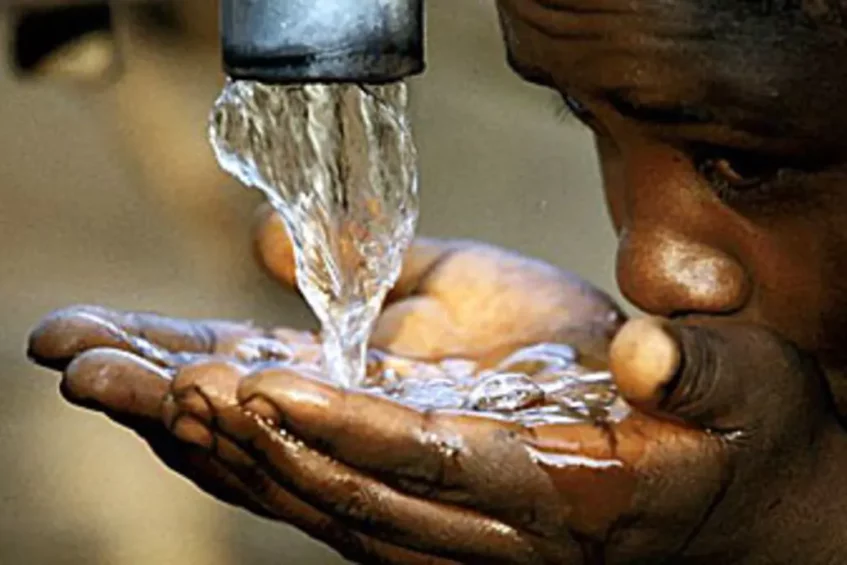
Borehole water
As South Sudan joins other countries in marking World Water Day, 6 out of 10 people in the country have no access to safe water.
This is according to Amuda Joseph Azu, Senior Project Management Specialist of the U.S. Agency for International Development in South Sudan.
Amuda Joseph, who is also an advisor to USAID’s water and sanitation hygiene, says only 40 percent of South Sudanese have access to safe water in the country.
He said this is based on assessment reports carried out in the country previously by different agencies.
In 2021, the UN estimated that 5.9 million people in South Sudan lack or have inadequate access to clean water.
Currently, because there is nearly no piped water in Juba, the population is dependent on water being supplied by commercial water tankers.
It’s estimated that 100 liters of water cost 1000 pounds in some areas of the city.
Those who cannot afford to pay the 1000 pounds resort to use water from the nearby streams.
Aid agencies have revealed that dirty water, poor sanitation, and hygiene are the main contributors to acute watery diarrhea which is one of the leading causes of child mortality in South Sudan.
Marginalized groups such as women, children, refugees, indigenous peoples, disabled people, and many others – are often overlooked, and sometimes face discrimination, as they try to access and manage the safe water they need.
Speaking on the Eye Radio on Wednesday March 22, 2023, Amuda Joseph Azu called for collective efforts to improve the water and sanitation in the country.
“In South Sudan, 40% of the population have access to safe water, that simply means if there are 10 people, 6 of those people do not have access to safe water in South Sudan. Out of every 10, 6 of those people do not have access to safe water in South Sudan,” said Joseph.
“We need to invest more resources, we need to not only budget on paper, but we should also walk the talk,
“All of us as citizens of this nation have a key role to sustain the services that are already provided, the borehole out there, if you can maintain it, you are already playing your role.”
Andrew Yunda is the Director of Planning at the National Ministry of Water Resources and Irrigation.
He agrees with Joseph saying the government cannot address the water issues in the country in a short period.
“The level of access to safe clean drinking water in South Sudan is around 40%, which means that if you have 10 people, 6 people don’t drink clean safe drinking water,” Yunda said.
“There are areas that have not been reached with water, and people still drink water that is unsafe, and that one we have to admit that still available within the Republic of South Sudan,
“For you to be able to provide water to communities, it requires investment, and it also has to have technologies that people can be able to sustain and maintain them,
“In South Sudan, we have a huge amount of people who don’t have safe clean drinking water, and you also have to take into consideration issues of equity,
“When you bring all these together, then you will know that you may not be able to address the issues of safe clean drinking water for all people in South Sudan within a short period of time.”
USIAD’s Amuda Joseph Azu however, has reiterated the agency’s commitment to supporting the people of South Sudan.
“The USAID is committed to continuing to provide services in this country but let’s all play roles. Let’s commit to really making sure that WASH, or water, sanitation, and hygiene is upheld in this country,” said Joseph.
Held on 22 March every year since 1993, world water day focuses on the importance of freshwater.
The day celebrates water and raises awareness of the 2.2 billion people living without access to safe water.
It is about taking action to tackle the global water crisis. A core focus of World Water Day is to support the achievement of Sustainable Development Goal 6: water and sanitation for all by 2030.
This year, it is under the theme: “Accelerate Change to solve the water crisis.”
Support Eye Radio, the first independent radio broadcaster of news, information & entertainment in South Sudan.
Make a monthly or a one off contribution.
Copyright 2024. All rights reserved. Eye Radio is a product of Eye Media Limited.